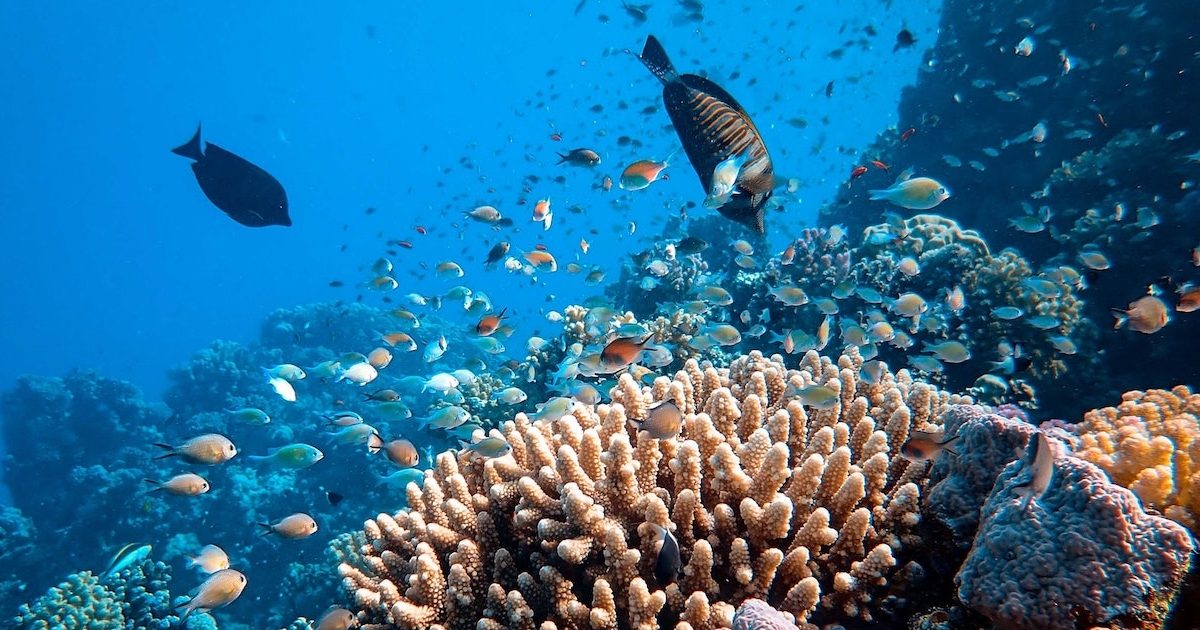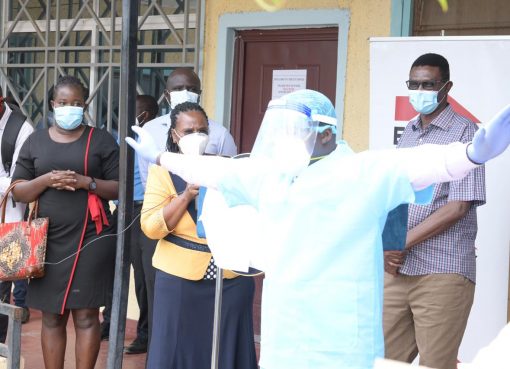Coast Development Authority (CDA) is scaling up coral reef restoration activities in Kwale County to assist in the natural recovery process of the underwater ecosystem.
The coral reefs provide habitat for fish and other marine species as well as protection for valuable coastal infrastructure.
The conservation initiatives for the coral reefs referred to as ‘rainforests of the sea’ is being done under the aegis of the Kenya Climate Change Adaptation Programme (KCCAP) aimed at restoring coral reef ecosystems along the coastline.
The KCCAP is an integrated programme aimed at building climate change resilience and the adaptive capacity of vulnerable communities in Kenya.
According to the International Union for Conservation of Nature (IUCN) coral reefs harbour the highest biodiversity of any ecosystem globally despite covering less than 1 per cent of the ocean floor and host more than one-quarter of all marine fish species in addition to many other marine animals.
The regional authority is transforming lives for coastal communities by harnessing treasured marine resources to improve livelihoods.
In the past few years, CDA has been creating seed banks and a fast-growing coral nursery for hastening local coral restoration projects as reefs not only provide habitat for most ocean fish but also shelter land from storm surges and rising sea levels.

CDA is also involved in the rehabilitation of mangrove and seagrass ecosystems which protect communities living along the shoreline against damaging winds, waves and floods.
Coral reefs provide a wide variety of ecosystem services such as subsistence food, protection from flooding and sustaining the fishing and tourism industries.
CDA Managing Director (MD) Dr Mohamed Keinan contends that the majority of coral reef habitats in Wasini Island of Kwale have been declining as a result of climate change, pollution and sedimentation.
Dr. Keinan says coral reef conservation activities geared towards saving marine life and by extension local communities dependent on the sea for their livelihoods are in top gear.
He said that by using a community approach the coral restoration project is getting the buy-in of fisher folks and community members.
CDA is spearheading the restoration of destroyed coral reefs in partnership with Wasini Beach Management Units to promote fishing and tourism in the coastal county.
He says the coral reefs are some of the most productive ecosystems, providing habitat for numerous species and serving important ecological functions hence the need to conserve them for posterity.
He says coral reefs deliver ecosystem services for tourism, fisheries and shoreline protection and that CDA is raising awareness of its conservation among the island dwellers.
The MD says in the programme nursery grown coral colonies are transplanted onto degraded reef sites to stimulate natural regeneration and recovery and to restore habitat complexity.
The CDA MD said coral reefs grow naturally in water and thus transplanting them in a process known as ‘coral gardening’ was very innovative for the authority.
He says the project also involves the growing of coral fragments in underwater nurseries thus propagating fragments in large numbers before planting.
The innovation involves the transplantation of coral reefs, tagging them before transplantation, tracking their growth through having their images at various stages, measuring their size and storing this data in a database among other activities.
“The restoration programme has been very successful and we intend to expand coral nursery cultivation and transplantation across degraded reefs outside Kwale,” he said during an interview with KNA adding that the conservation activities include promotion of tourism and job creation.

Dr Keinan says in the programme nursery grown coral colonies are transplanted onto degraded reef sites to stimulate natural regeneration and recovery and to restore habitat complexity.
He contends that through initiatives like shoreline stabilization, and coral and mangrove restoration, CDA has not only boosted incomes but also enhanced livelihoods creating a brighter future for communities and fostering economic growth.
Dr Keinan says CDA is working at the community level with fisher folks and community groups in rebuilding the degraded reefs in Wasini Island and that the restoration programme would soon be replicated in other degraded coral reef sites along the coastline.
He says CDA is also scaling up technical training on coral restoration among the fisher communities and that the coral restoration project is showing great success.
Muhidin Musa, a local marine conservationist, contends that the coral reefs in the Indian Ocean have degraded over the years due to unsustainable fishing activities and climate change.
Musa, a member of the Wasini Beach Management Unit says threats to oceans are exacerbated by climate change, overfishing, waste dumping and uncontrolled coastal development.
He says the corals are incredibly important for fish, lobsters and invertebrates and welcomed the coral restoration programme championed by CDA.
The marine conservationist and diver says the conservation programme has been exciting and that more community members are embracing it and becoming coral gardeners.
“Before the reef restoration programme gained momentum fish stocks had been declining and fishing families were feeling the pinch,” says Musa.
By Hussein Abdullahi



